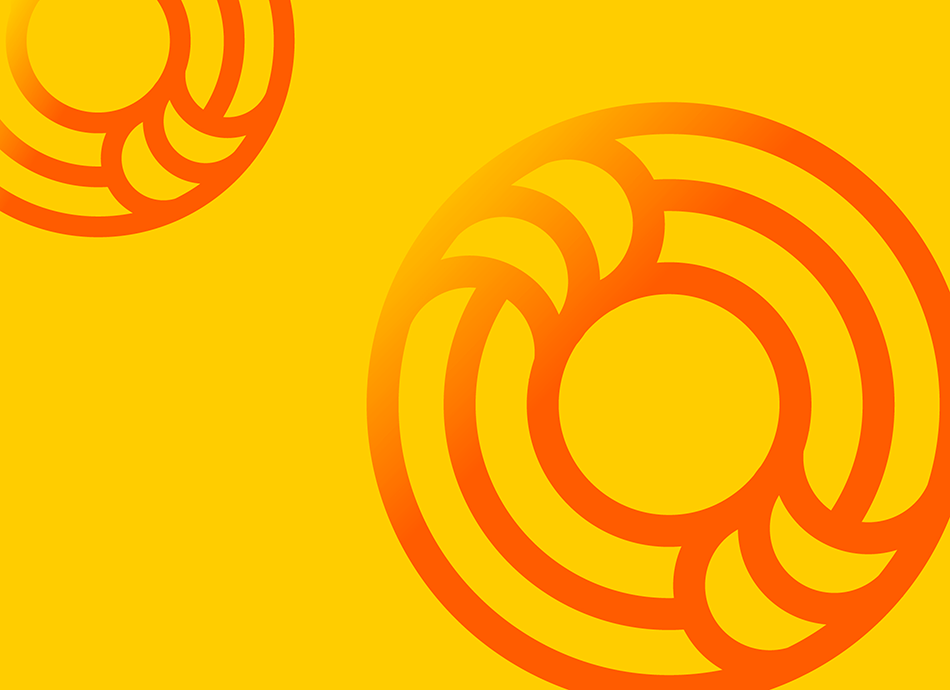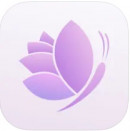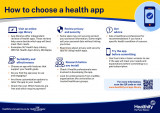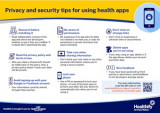Most people with a uterus get their first period when they're around 12 years, but sometimes it comes a few years earlier or later. There's a lot to learn about periods, such as the different period products, what's normal for you and when to be concerned and seek medical advice.
There are a variety of period apps for teenagers and young people, so you can learn about periods and what's happening to your body during puberty. These apps may also have other features, such as tracking your periods and predicting when your next period will start. Here are some tips on how to use period apps safely.
How to use period apps safely
Do (✔)
- Period apps are best used with help from an adult. They can help you decide if the app is suitable for you. If you have questions about periods, ask your healthcare provider, a parent, health education teacher or school nurse.
- It's important to remember that everyone's menstrual cycle is different. The advice or predictions provided by period apps may not always be accurate or designed for your specific needs.
- Be careful when reading information on discussion boards or group chat rooms. Some apps have interactive features where you can share your experiences. Be cautious because in most cases these aren't monitored by a health professional so the advice or suggestions may not be safe or effective. Know when to seek help.
Don’t (✘)
- Rely on apps to make a diagnosis of your condition, such as polycystic ovaries (PCOS), or endometriosis.
- Use treatments without first seeking medical and professional advice.
- Make changes to your medicines based on the recommendations from the app.
Note: For period tracking apps for adults, see period tracking apps.







